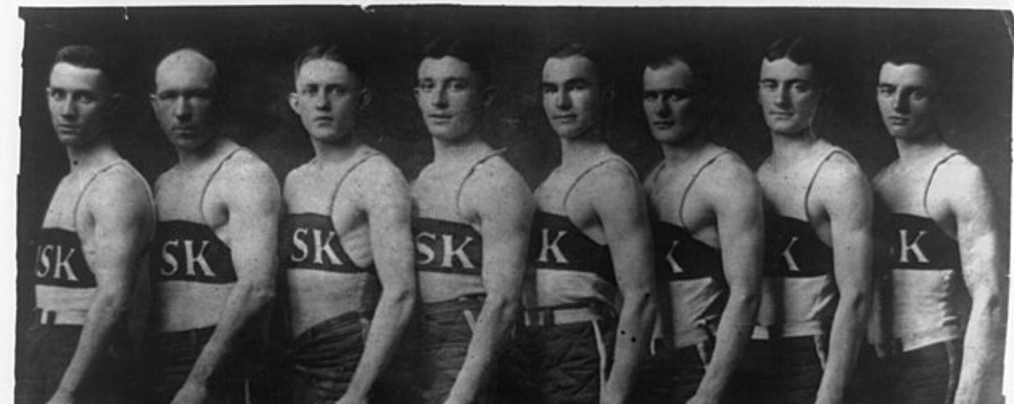Rise to the Top
Cooper's journey began at the University of Southern California (USC), where she played a pivotal role in securing back-to-back NCAA championships in 1983 and 1984. Despite the early success, opportunities for professional women's basketball in the US were scarce. This led Cooper to Europe, where she honed her skills and blossomed into a prolific scorer and tenacious defender.
Her international career was equally illustrious. Cooper was a part of the gold medal-winning US teams at the 1988 Seoul Olympics, the 1986 and 1990 FIBA World Championships, and a bronze medalist at the 1992 Barcelona Olympics. These international accolades solidified her reputation as a world-class talent.
A New Stage for Women's Basketball
The landscape of women's basketball changed dramatically in 1997 with the birth of the WNBA. Cooper, now seasoned and hungry for a new challenge, returned to the US to join the Houston Comets. What followed was a period of unprecedented dominance. Cooper led the Comets to four consecutive WNBA championships (1997-2000), earning the Finals MVP award an unmatched four times. She was also a two-time WNBA Most Valuable Player (MVP) and a scoring champion on multiple occasions.
Cooper's impact went beyond statistics. She was the engine that drove the Comets' offense, a maestro orchestrating plays with her pinpoint passing and deadly shooting. Her defensive prowess was equally impressive, a constant thorn in the side of opposing teams.
Beyond her individual brilliance, Cooper's leadership qualities were paramount. She was a vocal leader who inspired her teammates to achieve greatness. The "Cooper Clutch," her ability to deliver in pressure situations, became legendary.
While injuries forced her into a brief retirement in 2000, Cooper's competitive spirit wouldn't be extinguished. She made a valiant return in 2003, becoming the first player in WNBA history to score over 2,500 career points.





